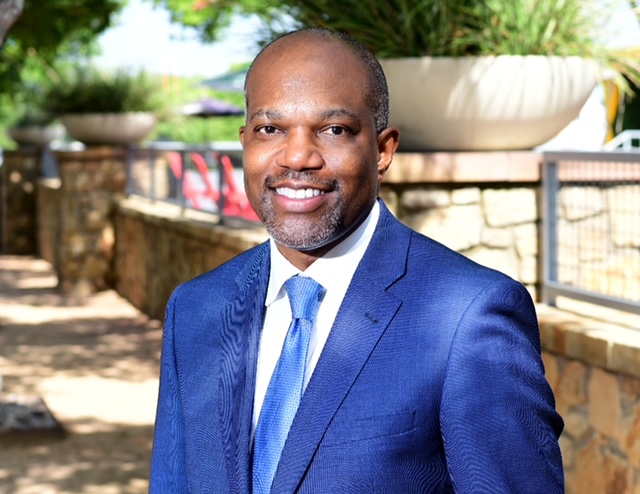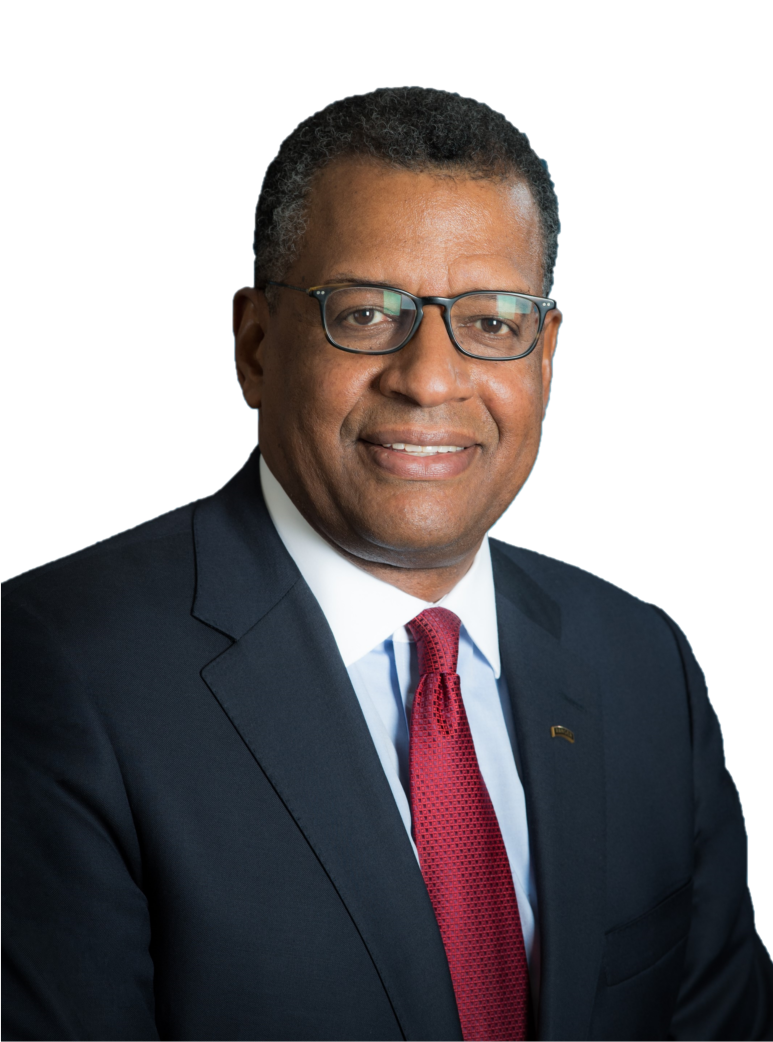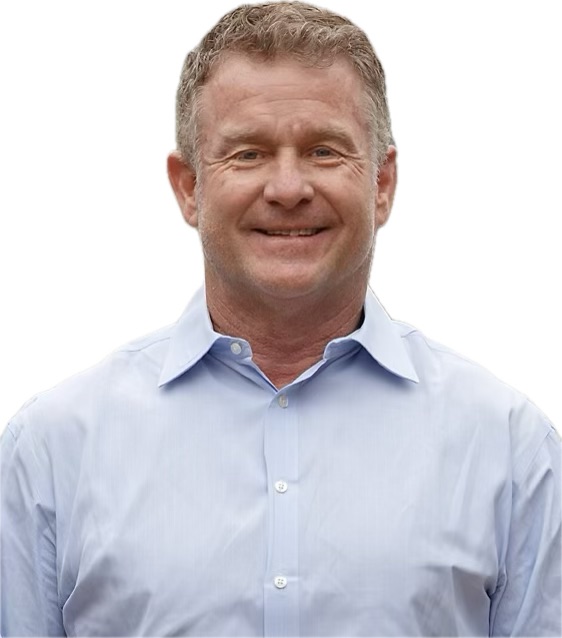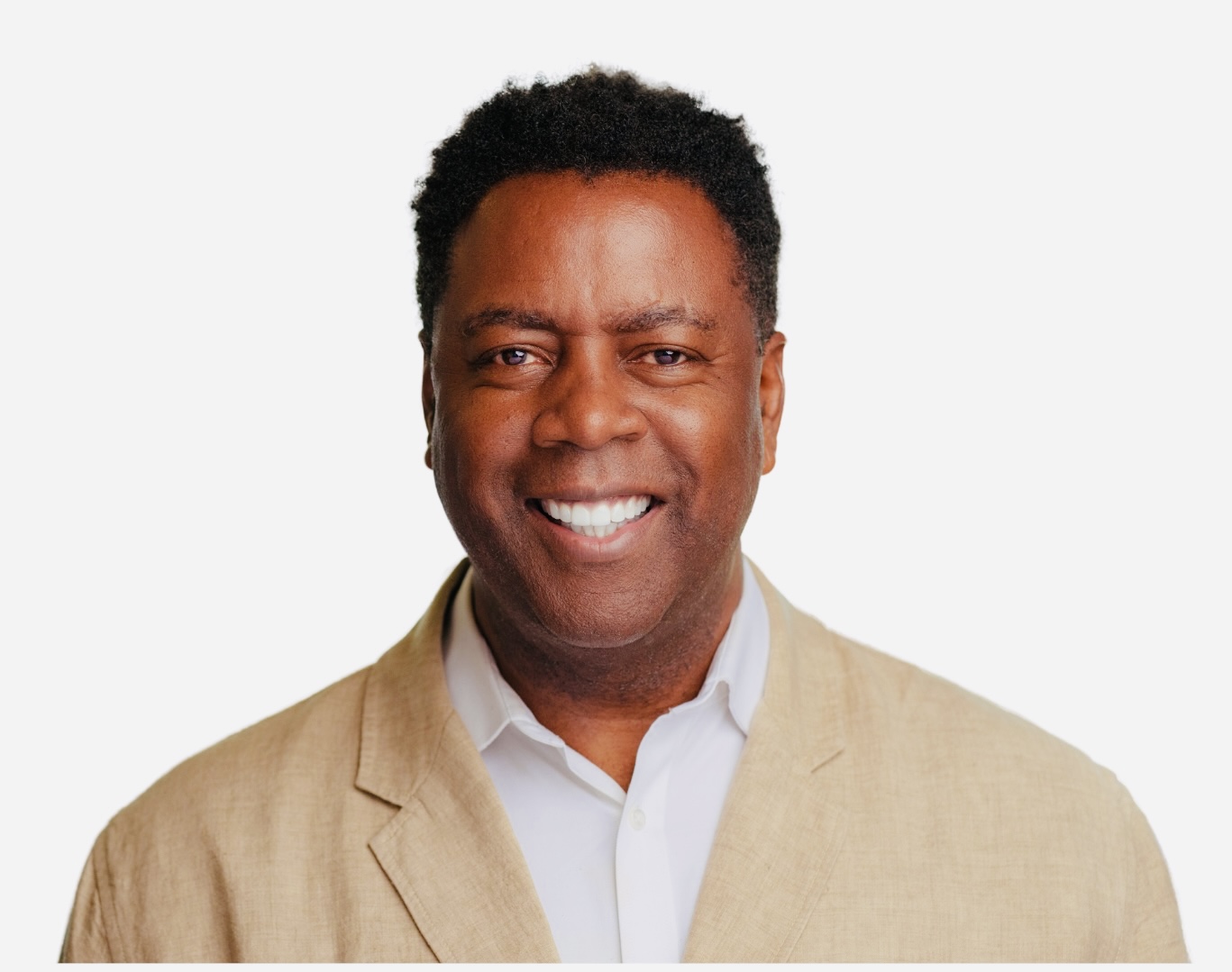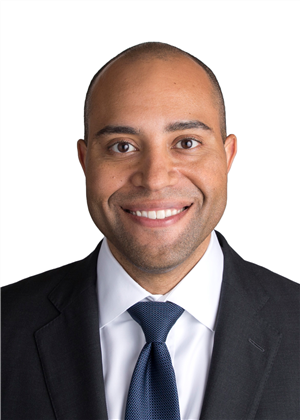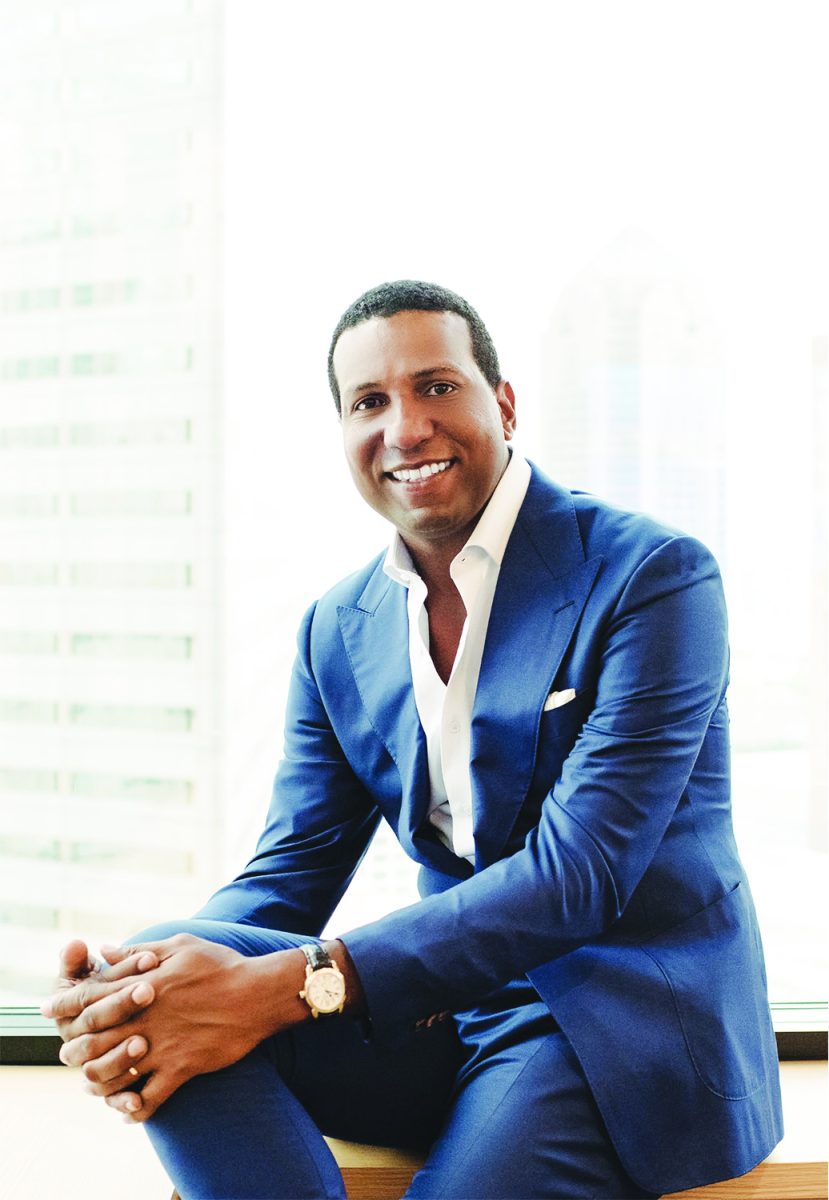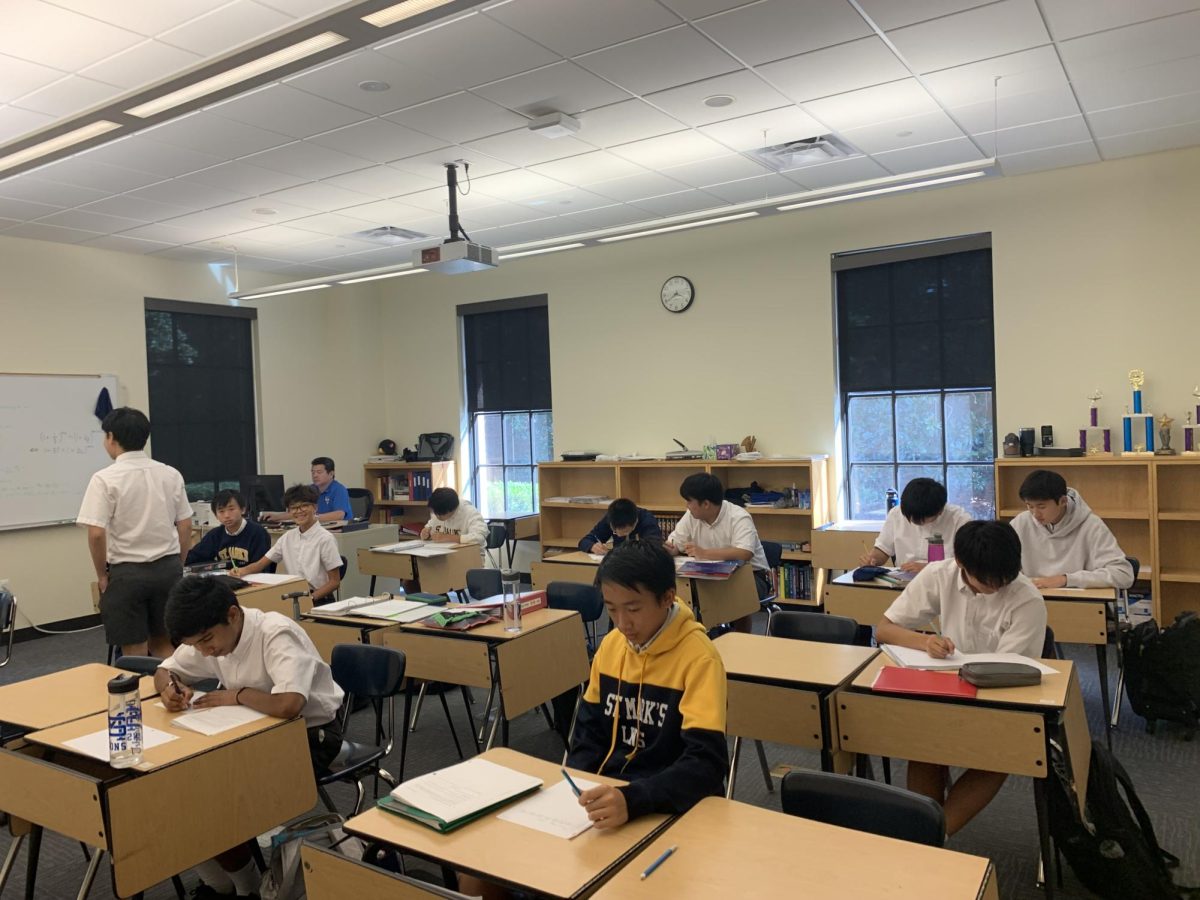
Shonn Brown is a Dallas native. She completed her Bachelor of Science at SMU before getting her law degree at SMU Dedman School of Law in 1998. Shonn Brown started her legal career at Locke Lord LLP before joining Kimberly-Clark in 2019 as the deputy grand counsel for global litigation. Currently, she is the Vice President and Deputy General Counsel regarding ESG and Sustainability. Shonn Brown has been recognized numerous times for her leadership accomplishments and dedication to community service. SMU recognized Shonn Brown twice, once in 2016 as the Distinguished Alumna of SMU Dedman School of Law and Distinguished Alum of the university in 2022. She has been recognized by the Dallas Business Journal and DCEO as one of the top businesswomen in the area and the leading African-American woman in business. Shonn Brown is involved in several nonprofit community groups, including being a founding officer of The Village Giving Circle at Texas Women’s Foundation, which works to continue to grow the circle of African-American women in philanthropy. In 2022, Shonn Brown received the J. Chrys Dougherty Good Apple Award from the Texas Appleseed organization. Currently, Shonn Brown serves as the Chair of the Board on the Board of Trustees for The Hockaday School. She continues to work to bring equality to the business world and community.
Lawrence: How has the concept of leading with your head, heart, and hands helped you in different stages of your career?
Shonn Brown: The headpiece is the education; that is the awareness. However, it is not just soaking up information that you happen to receive; it is seeking to understand. It would help if you intentionally placed yourself in situations where you can learn and grow, which is the headpiece. I went to law school, practiced in litigation, and now take on a new role in sustainability. The headpiece is just being a continuous learner, not learning by happenstance, but learning because you are intentional about it. The heart piece is empathy. Once you are aware because you have sought knowledge, then you apply that knowledge. The hands are the ones doing it. It can be very academic. You can sit in classrooms and talk about it. You can go to lectures and write papers, but you must do the active part to do it thoroughly. That is the hands part. What are you going to do? If you do not do something, then why do you even know in the first place.
Lawrence: What does servant leadership mean to you?
Shonn Brown: The two words that come to mind as a servant leader are impact and legacy. People lead for a greater spiritual, community, or purpose-driven purpose. I am doing this because I want a specific goal for the greater good. Servant leadership requires you to live by and lead by example and not only be committed to the outcome you seek but also to be an exemplar and exemplify those characteristics.
Lawrence: Do you have any specific testimonials or leadership situations that you were in that resulted in change and affected the communities around you?
Shonn Brown: I served on a board for the Dallas Bar Association for our legal community, and we created a program called We Lead Women in Power to Lead in the Legal Profession. It was focused on women between eight years of practice and 15 years of practice because that was the critical, pivotal point of women where we might lose them in law firms. Women in law also impact law firms’ work for clients because they are companies that serve communities, serve consumers, serve and sell products, and make decisions that will impact our environment. Suppose you only have a single set of experiences in law firms that will make decisions and give strategy and guidance to companies. In that case, the companies need to get the best and most fruitful advice. Establishing We Lead: Women in Power to Lead in the Legal Profession helps increase the likelihood of women staying at the table and being involved in making those decisions.
Another thing that I have done is the Village Giving Circle at the Texas Women’s Foundation. I was chair of the Texas Women’s Foundation board, which is focused on economic opportunities, leadership, and education for women and girls to increase families’ opportunities to prosper. The Village Giving Circle was explicitly focused on giving in the African-American community in North Texas. Some people in the middle and in the gap need a hand-up and a handout. It is not just because they are not going to be able to pay their light bill tomorrow or their kids are living in a war zone. They may be educated, but they are just on the cusp of not being in a poverty situation. They are not in a position to economically thrive, so we focus on how to bridge that gap.
Lawrence: Some words that St. Marks uses to define a good leader include”engage, own, discern, do what is ethical, work harder, plan, collaborate, delegate, endure, protect.” How would you define the virtues of a good leader?
Shonn Brown: Being ethical is like table stakes. Decisions are going to outlast individuals and outlast snapshots of time. If you make ethical decisions, you will have staying power for what your organization stands for. Sometimes, in the legal world, we deal with decisions where there are legal things and things that are not. If it is not legal, that is a black-and-white issue, but there are gray areas. Sometimes, the question is, legally, can we do it? That is a yes or no. However, ethically, should we do it? Moreover, if I make a decision today that is beneficial to the organization financially, is that the position that we want to take as a company? I am faced with that often, and we are always guided by doing the right thing.
The collaboration piece is huge as well. For example, the Women’s Foundation and the Village Giving Circle are already established nonprofit organizations. They have a built-in grant process. They know how to do it, and my company had something we wanted to do on a mission, but the Village Giving Circle was better suited for certain aspects, so we collaborated to make that happen. When people see needs, they often want to form a group and fix it. The collaboration piece is effective leadership because we do not need to recreate the wheel. If someone has already demonstrated that they know how to do something, why would we start and redo it? Why not think about how to enhance what they are doing?
Leaders can get distant from an organization, so you must be engaged in the hands part. It is essential to go to events where you can be among people impacted and affected by your decisions. For example, when we created the Women in Power to Lead, we went to talk to women between 8 and 15 years of practice and maybe even longer, which was collaborative to develop a program but also engaged in figuring out their actual experiences.
A few other words to describe the virtues of a good leader would be integrated and continuous assessment. Continuous assessment, so or evaluative, but then the integrated piece will provide some opportunity for schools, higher education, and companies to think through inclusion and diversity programs, so it cannot be; here is our diversity moment. It has to be integrated and woven into everything you do in a company to become second nature. It has to be well remembered.
Lawrence: How do you lead through ethical and unethical decision-making, and do you have any examples where you have to make tough decisions?
Shonn Brown: Context is critical because some cases have strict scrutiny and strict constructionism, which is the strict application of the law. You read it, but not everything we discussed is yes or no, so that’s where the heart and empathy come in. All three things, head, heart, and hands, are in equilibrium. You have to work to balance those constantly. The heart can’t control. That’s the thing about ethics; only some people will agree on ethics because everybody has a different lens on what their ethics are. A person has to be grounded in your personal beliefs, but you also can’t lead with your personal beliefs. It’s not just about me; it’s about other people. You have to be willing and open to controversial opinions, meaning very different and opposite than you.
Lawrence: What do you believe are the essential elements of a good leader?
Shonn Brown: My friend Francis Waters once said, “There’s a difference between leading and being in charge.” Those essential elements are the core difference because “being in charge” is somebody giving you a title or appointing you. Leading is being very clear on your mission and goals, communicating that, and making every decision in line with that. A leader must be willing to make difficult calls in line with the mission and goals and have a moral compass; that is the ethical piece. You must educate yourself to make decisions in the most informed and educated way. Then, you have a duty to demonstrate the messages you are articulating through how you act, do, and make decisions.
Lawrence:. What does it mean to be a good man or a good woman?
Shonn Brown: A good man or woman is cognizant of how their actions impact others, and selflessness is a word I would use, as well as self-awareness and selflessness. Self-awareness would include knowing who you are and how your actions impact others. Selflessness is thinking about those impacts when you make decisions. It is also good to be a model or an example to people. It is also important to have a giving spirit, a willingness to own mistakes, and an opportunity to correct one’s mistakes. A good man or woman absorbs around him and thinks about how to improve it.
Lawrence: St. Marks defines thriving as “living the most complete life possible to you, transforming your fullest potential into actuality by understanding how the world works in your head, how to feel and respond with your heart, and how to give skillful care with your hand.” How have you used the essential elements of thriving in leading organizations and people?
Shonn Brown: Living to the fullest means not staying in the middle. Thriving requires a bit of risk-taking because it requires you to push yourself beyond comfort to experience the maximum positivity you can. That first part you read spoke to me, like living to your highest potential because you want to. You are living your best life. There is always an opportunity to grow, and if you are stagnant, then you are not growing, and you are not thriving, and you are surviving, or you are plateauing, or you are existing, and that is not exciting, nor does it move the needle. Like each generation, each should move some, move the generation, move the needle further. Furthermore, if you are going to accept the current circumstances or state of affairs, that status quo, and exist in that, then you are not thriving; you are just being.
Lawrence: What has been most impactful to your organization as a servant leader, and how has this affected your leadership style and those around you?
Shonn Brown: In my professional life, we make paper goods for essentials—toilet paper, paper towels, feminine care products, and baby diapers. As a company, we recognize an opportunity to help individuals live and thrive in their everyday lives. So, how do I help a mom better care for her child? How do I help a young girl who is starting her menstrual cycle sort of make that transition and continue to be active and have the ability to be educated? How do I help families maintain cleanliness and hygiene in their homes? Thus, there is making products, putting them on the shelves, and making money, which we do as a for-profit commercial capitalist organization. However, that does not necessarily have to exist at the expense of impacting communities. Some communities do not have running toilets, girls do not get to go to school once they start their menstrual cycles, moms do not have resources to clothe their babies, and they otherwise get sick. How do you educate those communities? How do you use the knowledge that we have and the benefits and the products that we have? It ultimately will help our business because it has value, and these educated folks will now invest in the opportunity to become consumers of those products. It is very circular. That has been spoken to me significantly, and I am going to work for the company I work for from a professional side.
Individually, I get the most joy out of seeing positive impact results so individuals succeed. People who are mentors who become lawyers or partners in law firms. People who grow and evolve with knowledge. Maybe they started in a space where they were ignorant about a particular issue or had a cemented belief, but then they got educated and evolved in their thinking. Those things are impactful personally but also demonstrate how impact can help and how you can help move the needle.
Lawrence What is the best way to prepare to be a leader? How have you prepared others, and how have you prepared yourself to step into that position and lead effectively?
Shonn Brown: You have to come with a base knowledge of the subject matter and an openness to identify that you will not know 100%. Thus, you have to be authentic about what you do not know and surround yourself with people who can help. You are not going to hit 100% of all the things needed for that particular role. The beauty of a leader is to be strong in the things you know and then find the strong people in the areas you still need to fill in those gaps.
The other is getting to know the organization and the people, which sometimes includes taking a step back and trying to put yourself back into your freshman year or sophomore year. How did you feel? What were you thinking? You also want to gather information from individuals. How do I prepare others to lead? As a leader in preparing others to lead, you must step out of the way if you have already gained the respect of whatever the gravitas goes with that position. If you are standing there doing it, speaking it, and observing, others may never get the opportunity. There is great benefit in others leading with you off to the side so you can help guide and propel them forward. Recognition among the team is given to that person and not just you. I do that in a way that is behind the scenes to push others forward. That, too, is the mark of a good leader because if you have to do everything, you are not leading.
This institution lasted 100 years before I got here, and I will be here for 100 more. It will be here for 100 years after I leave, and I will enhance it through whatever mark or impact I make on it. However, the goal is for it to continue to exist and thrive.








